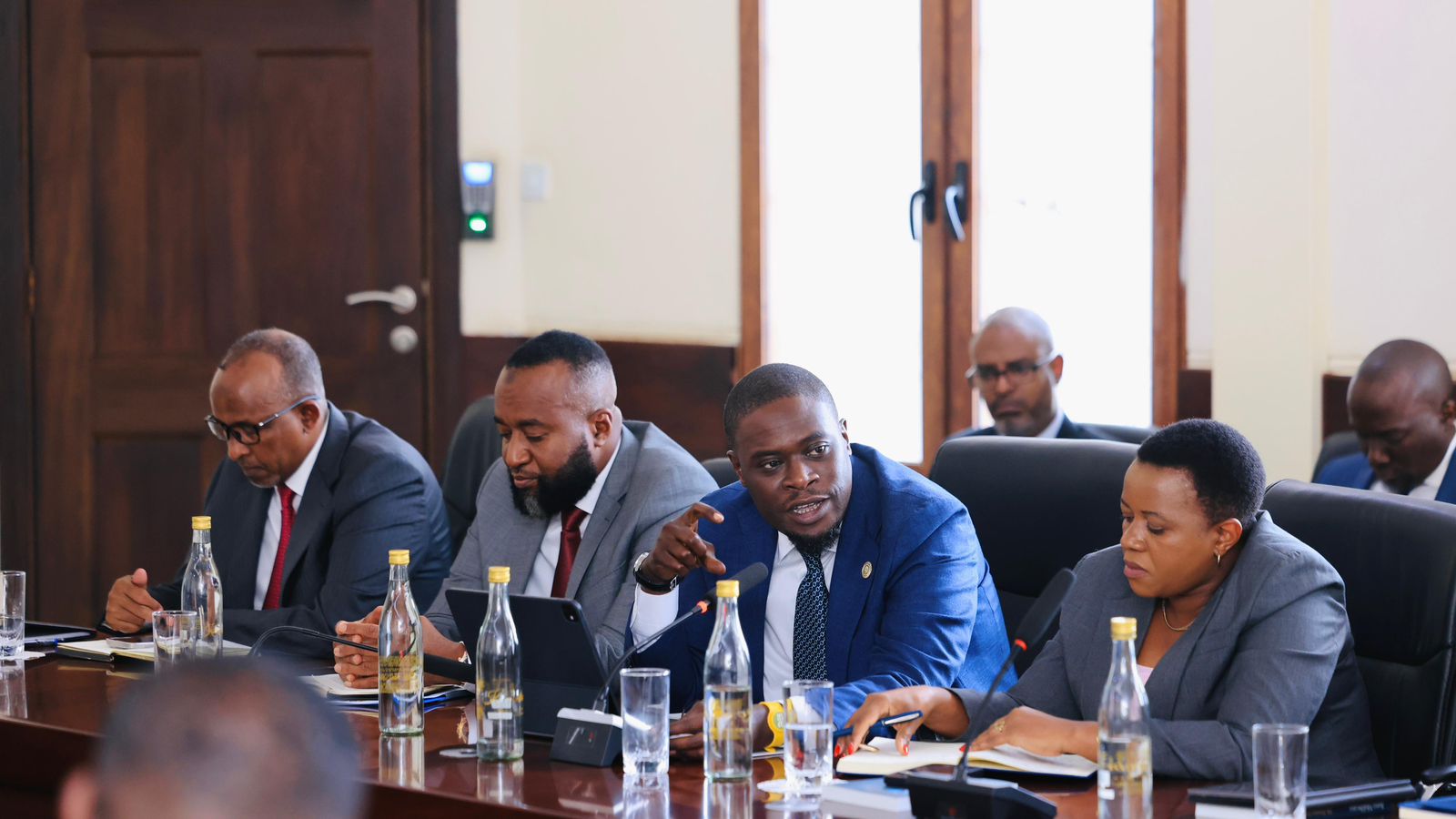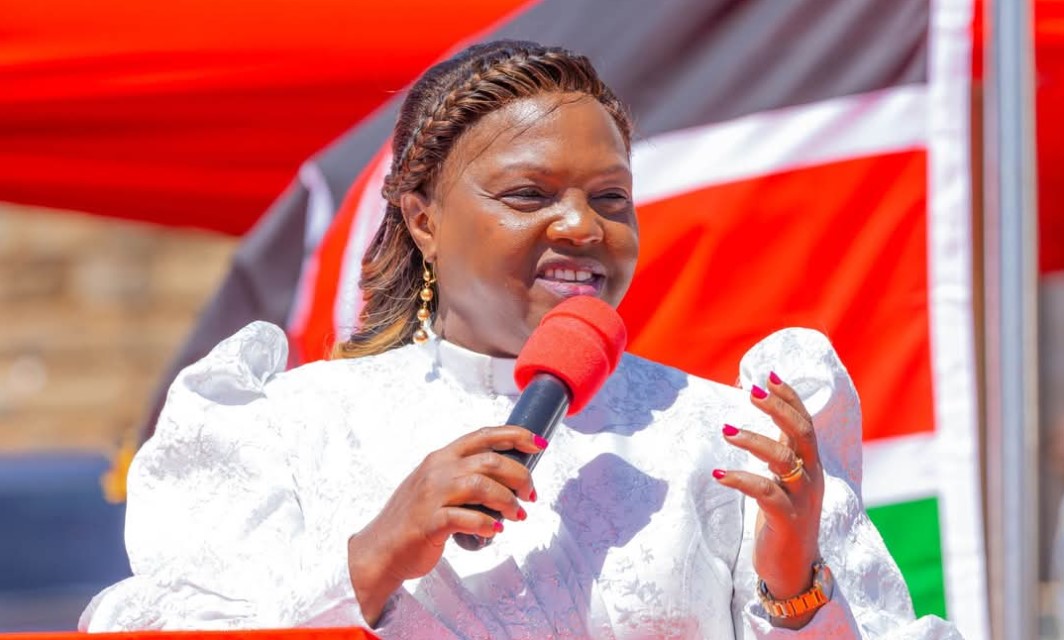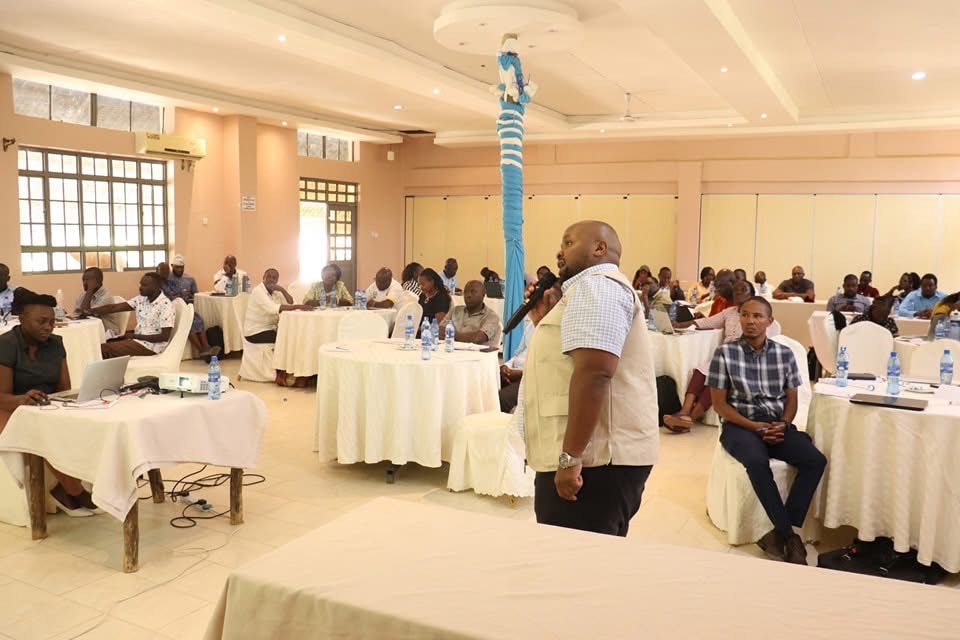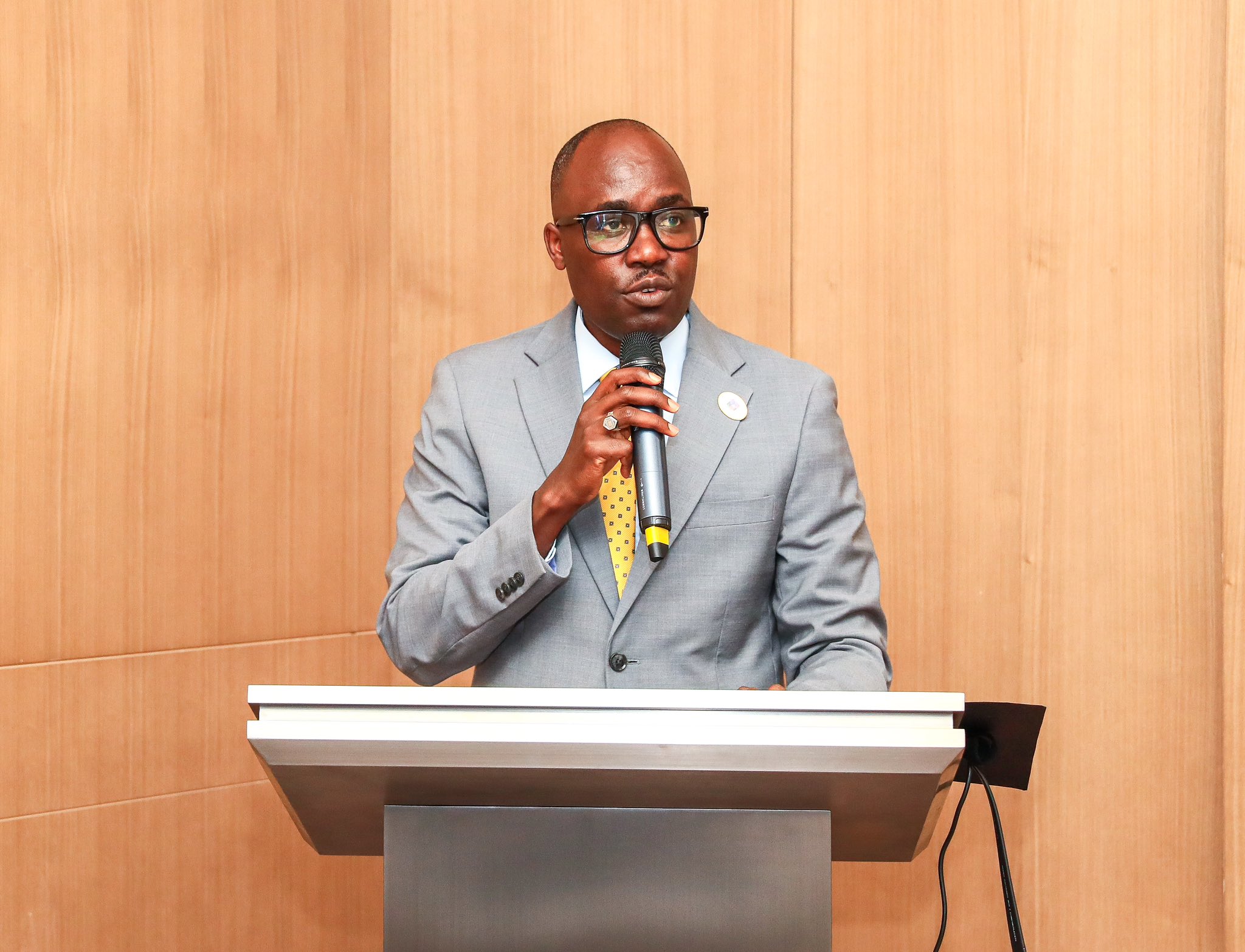State urged to streamline business registration, cross-county trade for economic growth

Nairobi Governor Johnson Sakaja advocated the need for more streamlined business registration procedures that would save time and reduce the cost of starting a business in Kenya.
In a bid to foster economic growth and improve Kenya's investment climate, the government has been urged to adopt simplified business registration processes and implement reforms to ease cross-county trade.
The call for these crucial reforms came during a stakeholder engagement forum on Thursday, chaired by Prime Cabinet Secretary Musalia Mudavadi, which focused on enhancing the private-sector business environment.
More To Read
Speaking at the forum, Nairobi Governor Johnson Sakaja advocated the need for more streamlined business registration procedures that would save time and reduce the cost of starting a business in Kenya.
He argued that reducing bureaucratic hurdles is vital to making the country more attractive to both local and international investors.
"The government must prioritize simplifying business registration to create a more efficient and business-friendly environment," Sakaja noted, stressing that businesses often face unnecessary delays due to complicated processes.
Taxes
In addition to simplifying business registration, the Governor called for reforms to improve cross-county trade, which has long been hindered by inconsistent levies and taxes imposed by various county governments.
These levies, they argued, have created significant barriers to smooth commerce between counties and limited the ability of businesses to grow beyond county borders.
"This conversation is long overdue. We need a seamless system that facilitates trade across counties without unnecessary taxes and barriers," Sakaja added.
The forum also addressed the success of initiatives like the Unified Business Permit (UBP), which has already been implemented in Nairobi.
Nairobi County has already simplified its business registration through the Unified Business Permit.
The UBP, which was launched in January 2024 under Sakaja's administration, combines the business, fire, food, health, and advertising licenses into one and is accessible online via Nairobi Pay, the county's e-services portal.
Under the new regulation, any business operating consistently at a single location for more than six months, including those in markets and those permitted on road reserves, will be required to obtain a UBP.
"The annual UBP for such businesses is ultimately a lot cheaper than the daily cess they have been paying, which mostly doesn't get to the county and leaves them open to daily harassment," Sakaja said.
Before the August 2022 elections, Sakaja had pledged to introduce a single QR-enabled permit, which he said would prevent the need for multiple licenses and subsequently eliminate the hurdles of doing business.
"We shall unify the licenses so that it will be easier and faster for people to pay revenue and it will improve the county's collection," he said.
The business permits are city council business permits, fire inspection certificates, food handler certificates, food hygiene, goodwill, and land rates for those who own land within the Nairobi jurisdiction.
These business permits and licenses are renewed yearly by members of the public and the business community.
During the same meeting, Prime Cabinet Secretary Musalia Mudavadi noted the government's active efforts to improve the ease and cost of doing business in the country.
He revealed that the Kenya Kwanza administration is steadily charting a new course by identifying and addressing bottlenecks such as excessive bureaucracy, outdated regulations, and inefficient infrastructure, which he stated have sometimes become barriers rather than bridges to success.
"We must address the regulatory and bureaucratic frameworks that stifle innovation and investments. We have to create a regulatory environment that promotes and supports rather than hinders growth," he said at the stakeholder meeting, which was attended by leaders from both the public and private sectors to explore strategies for enhancing the ease of doing business in Kenya.
The high-level meeting included Attorney General Dorcas Oduor, Treasury CS John Mbadi, Hassan Joho (Mining), Aden Duale (Environment), Principal Secretaries from various departments, and representatives from the private sector.
Mudavadi described the private sector as a major contributor to economic growth and challenged all government departments and agencies to foster a more conducive business environment for its operation.
He said this is essential for economic growth and attracting investment.
"The private sector is not just a partner but the backbone of our economy. These are the people who fuel our nation's prosperity. Our role is to clear and light up their path and not obstruct it," he stated.
"The business of government is to facilitate business. It is imperative that we take this wisdom to heart. Our administration's transformation agenda demands that we, as public servants, become the catalysts that ignite the engine of economic growth. This engine is powered by the private sector," Mudavadi added.
To spur economic growth and attract investment, the Prime CS affirmed that the government will continue to invest in infrastructure to reduce logistical costs and enhance competitiveness, while also tackling corruption head-on to ensure that transparency becomes the norm rather than the exception.
Top Stories Today
















